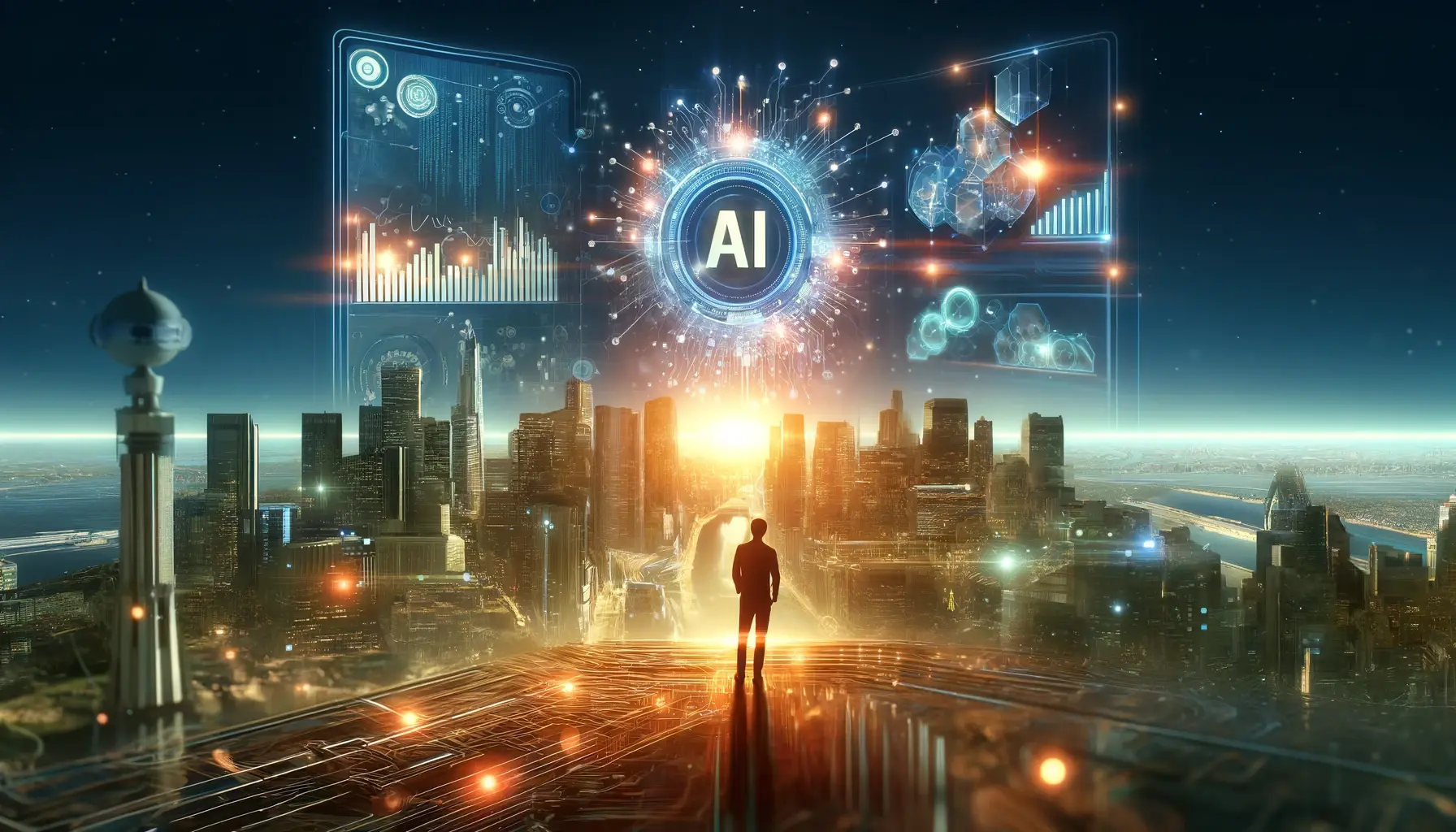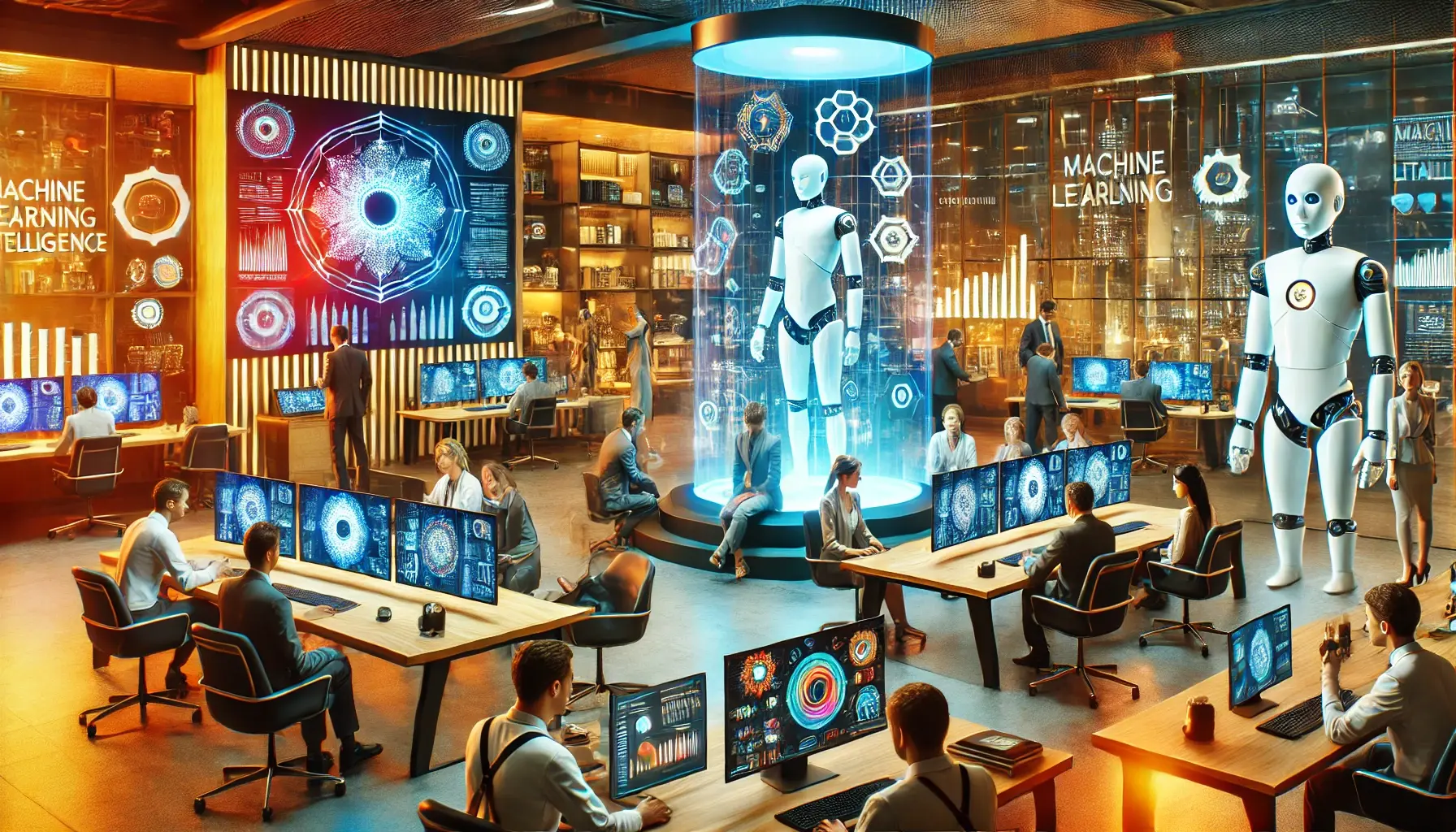4 min read
Unlocking Insights: AI's Role in Data Analytics
Artificial intelligence (AI) has become a transformative technology in many industries, and data analytics is no exception. AI for data analytics...
3 min read
![]() The Amazing Team at Skills Data Analytics
:
Aug 6, 2024 10:00:00 AM
The Amazing Team at Skills Data Analytics
:
Aug 6, 2024 10:00:00 AM
Artificial Intelligence (AI) has become a transformative force in modern society, driving innovations across various industries. From healthcare to finance, AI applications are revolutionizing how we interact with technology and data. This article delves into the fundamentals of AI, its working mechanisms, and its relevance in the USA.
Artificial Intelligence refers to the simulation of human intelligence in machines designed to think and act like humans. These machines are programmed to perform tasks that typically require human intelligence, such as visual perception, speech recognition, decision-making, and language translation.
Key Components of AI:
AI systems work through a combination of complex algorithms, data processing, and iterative learning. Here are the key steps involved in how AI works:
AI is driving significant advancements across various sectors in the USA:
Despite its advancements, AI faces several challenges:
Future Prospects: The future of AI holds immense potential. Advancements in quantum computing, AI ethics, and human-AI collaboration are expected to shape the next generation of AI systems. As AI continues to evolve, it will play a critical role in addressing complex global challenges and driving innovation.
Artificial Intelligence is transforming industries and shaping the future of technology. Understanding how AI works, its applications, and the challenges it faces is essential for navigating the AI-driven world. For those looking to enhance their skills in AI and data analytics, the Skills Data Analytics website offers the best online data analytics certification course in the USA, providing comprehensive training and practical insights.
Q1: What is the difference between AI and Machine Learning?
A1: AI is the broader concept of creating machines that can simulate human intelligence, while Machine Learning is a subset of AI that focuses on training algorithms to learn from data and make predictions.
Q2: How is AI used in healthcare?
A2: AI is used in healthcare for early diagnosis, personalized treatment plans, medical image analysis, and predicting patient outcomes, improving overall patient care and efficiency.
Q3: What are the ethical concerns associated with AI?
A3: Ethical concerns include data privacy, algorithmic bias, transparency, and accountability. Ensuring that AI systems are fair, transparent, and secure is crucial for ethical AI deployment.

4 min read
Artificial intelligence (AI) has become a transformative technology in many industries, and data analytics is no exception. AI for data analytics...

6 min read
Machine Learning (ML) and Artificial Intelligence (AI) are at the forefront of technological innovation, driving significant advancements across...

4 min read
Latest Developments in the Field of Data Science